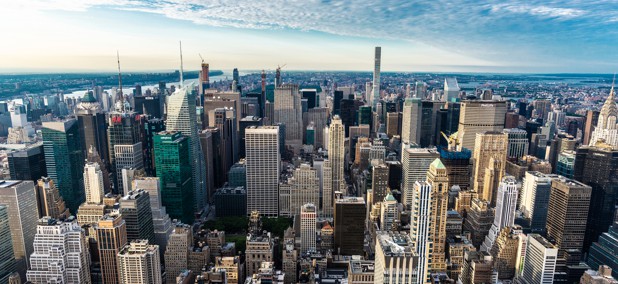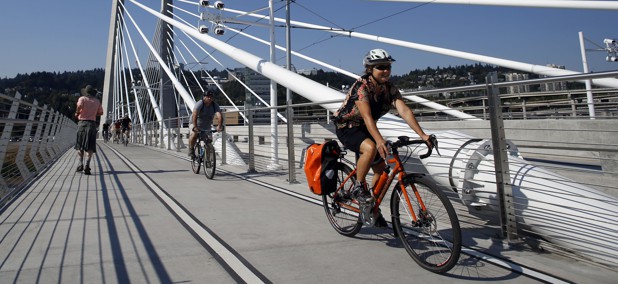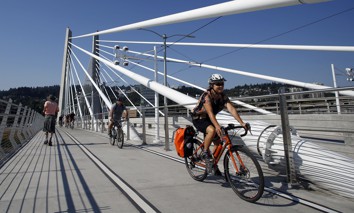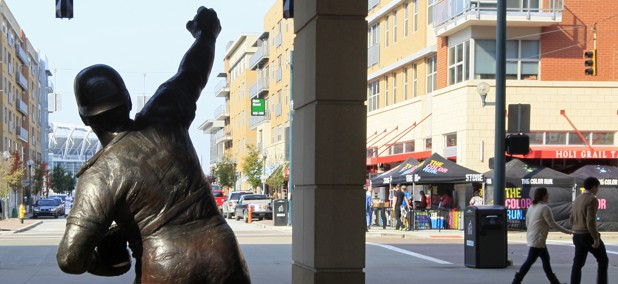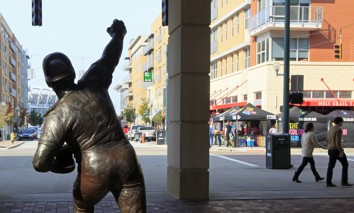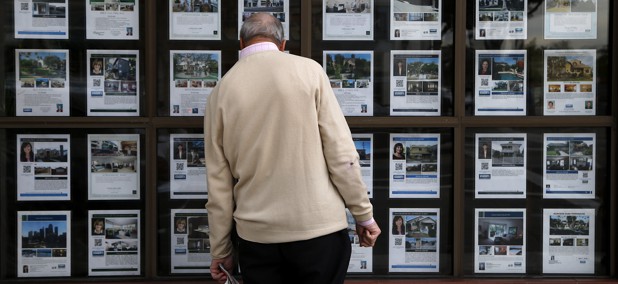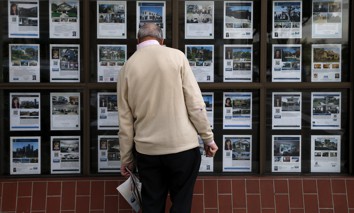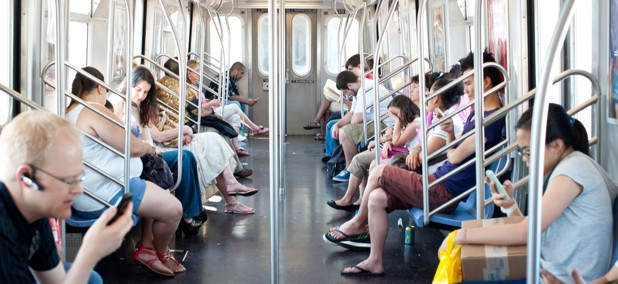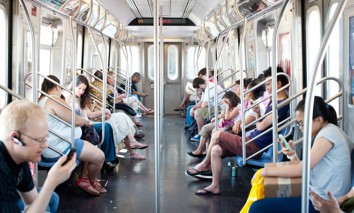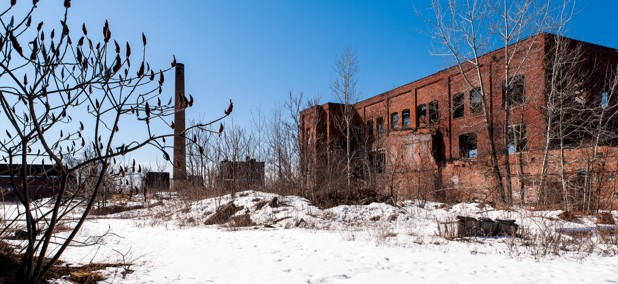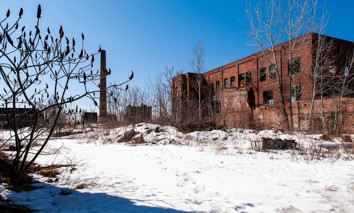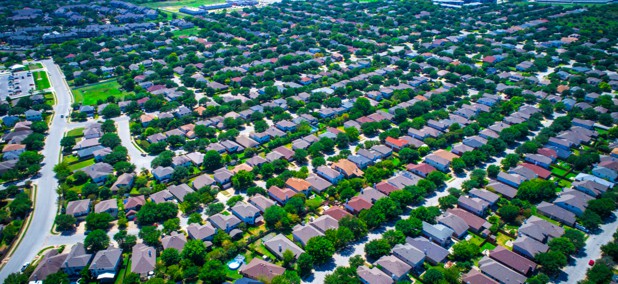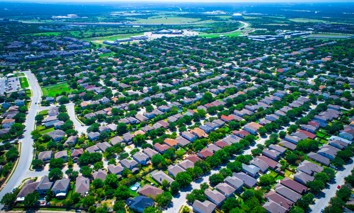Author Archive
Richard Florida
Management
Has the Rise of Uber Led to More Heavy Drinking?
New research suggests that ride-hailing is associated with increases in drinking behaviors in U.S. cities and metro areas.
- By Richard Florida, CityLab
Finance
How Cities and States Can Stop the Incentive Madness
Economist Timothy Bartik explains why the public costs of tax incentives often outweigh the benefits, and describes a model business-incentive package.
- By Richard Florida, CityLab
Management
Urban and Suburban Lifestyles Are More Similar Than You’d Think
A new study finds strong similarities in how residents of U.S. cities and suburbs spend their time—with one, counterintuitive difference.
- By Richard Florida, CityLab
Management
Growing Up in a Walkable Neighborhood Can Increase Adult Income
A new study finds that even considering other factors, the walkability of a child’s neighborhood has a direct correlation to increased adult earnings.
- By Richard Florida, CityLab
Management
How and Why Parks Spur Gentrification in Cities
While green spaces are often linked to gentrification, new research shows certain types and characteristics of urban parks play a much greater role than others.
- By Richard Florida, CityLab
Management
America's Hottest Cities for Urban Planners
You might think planners—and urbanists in general—congregate in big coastal metros. But planning jobs are growing fastest elsewhere.
- By Richard Florida, CityLab
Management
How Housing Wealth Transferred From Families to Corporations
The Great Housing Reset has led to growing numbers of single-family homes shifting from owner-occupied housing to investment vehicles for large corporations.
- By Richard Florida, CityLab
Digital Government
Why U.S. Tech Inventors Are So Highly Clustered
New research finds that high-tech inventors are significantly more productive when they work in large clusters—but there are drawbacks.
- By Richard Florida, CityLab
Management
Why Cities Are Less Powerful in U.S. National Politics
A new book shows the historical roots behind the concentration of left-leaning Democrats in large cities and metro areas.
- By Richard Florida, CityLab
Infrastructure
The Best and Worst U.S. Places to Live Car-Free
College towns and big coastal cities top our ranking of the metros where it’s easiest to live without a car.
- By Richard Florida, CityLab
Management
Don't Move People Out of Distressed Places. Instead, Revitalize Them
A new study shows that place-based policies are key to helping people in distressed cities, where investments should be tailored to local economic conditions.
- By Richard Florida, CityLab
Management
Where Is the Best City to Live, Based on Salaries and Cost of Living?
Paychecks stretch the furthest in smaller cities for most workers, but techies continue to do best in larger, more expensive cities.
- By Richard Florida, CityLab
Management
Where Do College Grads Live? The Top and Bottom U.S. Cities
Even though superstar hubs top the list of the most educated cities, other cities are growing their share at a much faster rate.
- By Richard Florida, CityLab
Management
The Fastest-Growing U.S. Cities Aren’t What You Think
Looking at the population and job growth of large cities proper, rather than their metro areas, uncovers some surprises.
- By Richard Florida, CityLab
Management
The Innovations of the Creative Class Affect a Rural Area’s Fortunes
A new study measures innovation and shows that when found in rural areas, it is tied to significant presence of the creative class.
- By Richard Florida, CityLab
Workforce
The Double Whammy: Housing and Income Inequality
New research shows how housing and income inequality reinforce one another, effectively splitting the U.S. into two different economies.
- By Richard Florida, CityLab
Workforce
Why Children Born in Big Cities Earn More As Adults
Just being born in a big city has a positive effect on later-life wages, new research finds.
- By Richard Florida, CityLab
Infrastructure
Startups Are Abandoning Suburbs for Cities With Good Transit
A new study finds that new business startups are choosing cities with good public transportation options over the traditional suburban locations.
- By Richard Florida, CityLab
Management
How Some Shrinking Cities Are Still Prospering
A study finds that some shrinking cities are prosperous areas with smaller, more-educated populations. But they also have greater levels of income inequality.
- By Richard Florida, CityLab
Infrastructure
How Should We Define the Suburbs?
Based on census boundaries, ways of life, and physical characteristics, respectively, three new definitions offer a composite portrait of American suburbia.
- By Richard Florida, CityLab

















